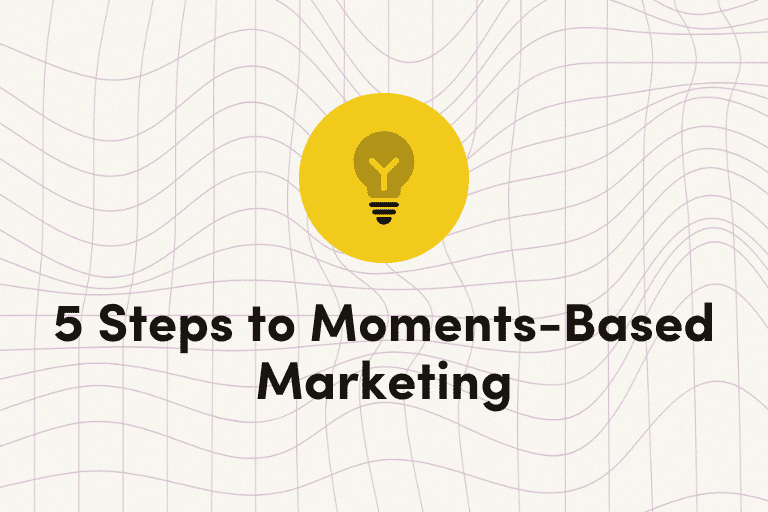A tale as old as Amazon. Online shopping vs. traditional brick and mortar. It’s no secret that general merchandise retailers have gone through some relative instability with the advent and meteoric rise of online shopping.
Decades-old companies have been forced to adapt to new shopping behaviors. In doing so, calls for the retail apocalypse—and its subsequent conclusion—come and go with regularity.
The fact of the matter is e-commerce sales are catching up to traditional retail sales. Online sales have nabbed a larger percentage of total retail spending every year since 2010, jumping from just 6.4% in 2010 to 16% of spending in 2019.
Perhaps most telling is the percentage share of growth each year. Total retail sales are growing each year, but the source of this growth is shifting. In 2019, online shopping accounted for 56.9% of year-over-year growth.
We’ve focused on the top players in retail before, so this time, we wanted to see how these shifting consumer behaviors are impacting businesses looking to carve out their own space with their own unique strategies.
Representing online shopping, we have Wish, the third-largest U.S. e-commerce marketplace by sales. The company has made a name for itself in recent years for its ultra-cheap prices, shopping mall search style, and…eclectic social media ads.
And for the traditional brick and mortars, we have Kohl’s, formerly the largest department store chain in the United States. Kohl’s made waves recently for partnering with Amazon to allow customers to return Amazon packages at kiosks within Kohl’s locations, thus driving foot traffic to Kohl’s stores.
Both of these retailers have thrived and survived, respectively, by tapping into the trend towards more affordable, accessible products. These strategies have allowed Wish and Kohl’s to set themselves apart from the pack. With that in mind, let’s see if their marketing has the same effect.
User Engagement Teardown: Wish vs. Kohl’s
In our latest User Engagement Teardown, we take a look at two leading general merchandise retailers, Wish and Kohl’s. We wanted to understand how each business adapted to user preferences and incentivized purchases through welcome, promotional and cart abandonment campaigns.
For this teardown, we focused our research on mobile-first interactions, starting with downloading the app and increasing our level of activity. We also favorited items, browsed items on mobile—and desktop—and abandoned shopping carts.
After analyzing the content of all mobile and email messages received during our three-week study, we identified what these organizations are doing well and what areas could use improvement.
(Note: if you can’t see the embedded SlideShare, make sure to turn off any ad blockers!)
Note: Wish and Kohl’s are not Iterable customers.
You can also see our past comparative teardowns (including a look at Amazon and Walmart) on our Resources page.
































